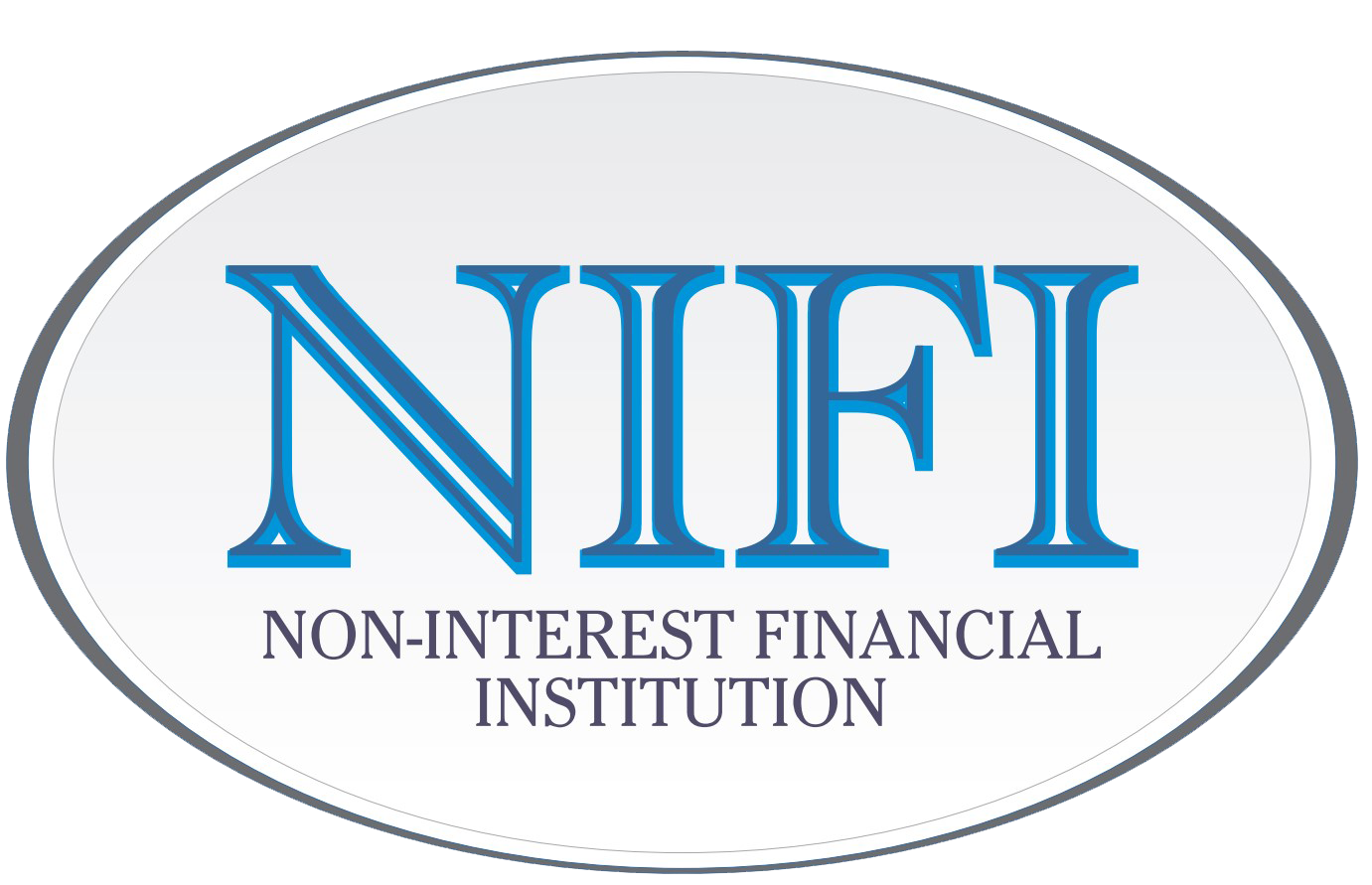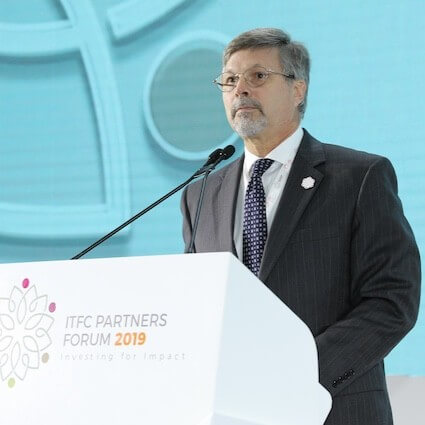Picture this: Bassey has been saving money in his account because he needs to make a purchase at the end of the quarter. Then, he gets an email from what looks like a reputable brand, warning that his password was just tampered with and urging him to change it, with a link conveniently included. He clicks the link, lands on a page that asks for personal information to “prove” it’s him, and he diligently fills it in. Minutes later, his account balance is wiped clean, even though he hasn’t made any withdrawals.
Painful, right? The truth is anyone can be Bassey without the right knowledge of how to protect their accounts from fraud. Fraudsters are relentless in their pursuit of your money, which is why you must be just as relentless in protecting it.
Recent industry reports show fraud is rising across digital channels. The Central Bank of Nigeria’s Financial Stability Report notes a sharp increase in financial fraud, about 45% more cases year-on-year, with a large share linked to digital platforms.
The Nigeria Inter-Bank Settlement System (NIBSS) and other industry trackers found that the sector lost billions of naira to fraud in 2024, with published figures in industry press putting losses at around ₦52.26 billion for the year. This includes card fraud, compromised internet banking, social-engineering scams, and more.
Fraudsters keep changing their tricks, so your best bet is to stay sharp. Keep your online habits clean, use the security tools your bank already provides, and act fast the moment you notice something suspicious. To help you do this better, here are some practical tips.
1. Lock the front door: Secure your login and device
Think of your phone and your bank app as your front door. If they’re unlocked, anyone can walk in.
Use strong, unique passwords. A passphrase is much better than “1234” or “password1.”
Enable biometric login (fingerprint or face) on your banking app to make it harder for someone else to get in.
Keep your phone’s operating system, apps, and antivirus up to date. Many fraud attempts succeed because people don’t install updates that fix security holes.
Only download banking apps from official sources (Google Play Store, Apple App Store) or directly from your bank’s website. Fake apps are out there.
Remember to lock your phone with a PIN, pattern, or fingerprint, and use encryption where possible. If your phone is stolen, these add important layers of protection.
2. Guard your PINs, OTPs, and secrets like gold
You’ve probably heard this before, but it’s worth repeating; never share your OTP (one-time password), PIN, or full login information, ever.
A bank will never ask for your OTP in full. If someone calls claiming to be from your bank and asks, hang up and confirm via official contact lines, these can be found on your bank’s official website.
Don’t fall for the “urgency trap”. Be wary of messages or calls that say “urgent,” “verify your account,” or “we noticed suspicious activity,” and then request a code. Nine times out of ten, it’s a scam.
If you receive a message claiming your account is “blocked” with a link attached, don’t click it. Instead, log in through your bank’s app or website directly, or call customer care using the number listed on your bank’s official website.
3. Be sceptical: Spot phishing, vishing, and fake links
These scams are common, but the golden rule is this: always verify.
Phishing: Fake emails or SMS messages pretending to be from your bank. They contain links that look real but aren’t. Watch for odd domain names, typos, or urgent messages pressuring you to act fast.
Vishing (voice phishing): Someone calls, claims to be from your bank, and asks for details. If they request your OTP or login info, that’s a huge red flag. Tell them you’ll call back, then dial the official number on your bank’s website to confirm.
Fake websites or apps with stolen logos are everywhere. Always double-check the URL.
Social media impersonation is also on the rise. Scammers set up fake pages pretending to be banks. Always confirm that you are interacting with your bank’s actual channels.
4. Use what your bank gives you: Tools & controls
Use the tools and controls that your bank has given you to your advantage. Some of these tools are listed below.
Transaction alerts: Turn on SMS or push notifications for every debit and credit. If money moves without your permission, you’ll know instantly.
Daily/transaction limits: If you don’t often move large sums, set a lower limit. You can always adjust when necessary.
Card controls: Lock your card instantly via your bank’s app if you lose it or suspect fraud. The Alternative Bank app offers this and many other safeguards. You can also disable international or ATM usage when you don’t need it.
Two-factor authentication (2FA): Wherever possible, use 2FA for app login. Beyond OTPs sent by SMS, secure apps or email-based methods add another layer.
Session timeouts: If your bank app supports auto-logout after inactivity, enable it.
The Alternative Bank offers many of these protections by default. Make sure you’ve enabled them through your Alternative Bank app.
5. Teach everyone (kids, siblings, people around you)
Fraud isn’t just an individual problem; it can affect your entire household, so teach your spouse and children never to share PINs or OTPs.
Remind family and friends to always verify links before clicking.
Share what you know about SIM swap scams and fake calls. People often fall victim simply because they don’t have the right information.
Keep emergency numbers written somewhere other than your phone (since phones can be compromised).
Little Safety Habits That Could Make the Difference
As your financial institution, we’re doing everything possible to protect your money and information, but security is a partnership, your role is just as important. Here are some quick habits you can adopt today that will build strong protection over time:
- Log out of apps when you’re done; don’t stay permanently logged in.
- Only download apps and updates from trusted sources.
- Regularly check your bank statements, even if you haven’t seen any alerts. Small, unusual transactions can be early warning signs.
- If someone calls claiming to be from Alternative Bank (or any bank), ask, “Can I call you back?” Then dial the official number listed on the bank’s website to verify.
Your money should remain your money and even grow with the right tools. At Alternative Bank, we’re your trusted wealth partner to make that happen. Stay safe out there.



